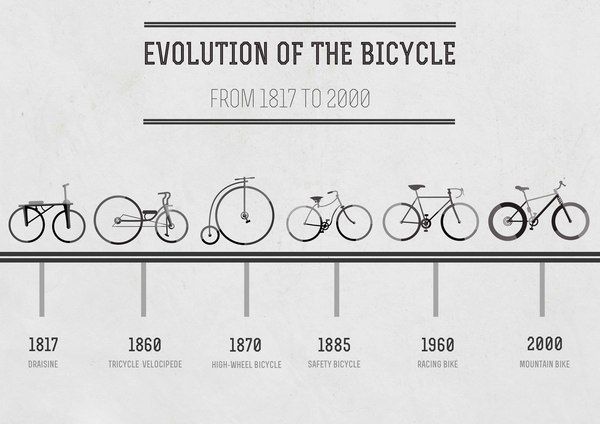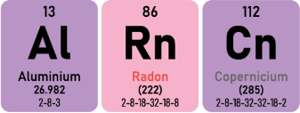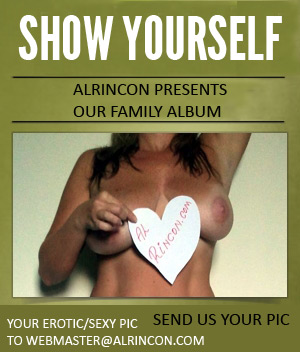Porn Discounts Sex Games Porn Games Juegos XXX Hentai Games PornStar Games 3D Porn Tantaly Sex Doll Cupsland Sextoy Live Cams
Live Sex Free Live Sex Free Sex Games Páginas Porno Rose Toy Free OnlyFans Celebrity Fappening Celebrity Sex Videos TikTok Porn Best OnlyFans
Live Sex Free Live Sex Free Sex Games Páginas Porno Rose Toy Free OnlyFans Celebrity Fappening Celebrity Sex Videos TikTok Porn Best OnlyFans
Published on 2024/09/30
BIKE GOOD VS BIKE BAD

The bicycle, as we know it today, has a fascinating evolution that began in the 19th century. Although the first attempts to create a two-wheeled vehicle date back to the late 18th century, the first practical design appeared in 1817 by German inventor Karl Drais. This vehicle, called the "draisine" or "walking machine," had no pedals; it was powered by pushing the feet against the ground.
In 1860, Frenchman Pierre Michaux added pedals to a larger front wheel, creating the famous "velocipede" or "boneshaker," so named because of how uncomfortable it was on cobblestone roads. Later, in the 1870s, the "penny-farthing" emerged, a bicycle with a huge front wheel and a much smaller rear one.
The modern bicycle began to take shape in the 1880s with the invention of the "safety bicycle," which had equal-sized wheels and a chain system to drive the rear wheel. This made it much more stable and accessible. In 1888, John Dunlop invented inflatable tires, which significantly improved rider comfort.
Since then, the bicycle has evolved in design and materials, becoming one of the most popular and sustainable modes of transportation in the world, used for both leisure and daily commuting.
BIKE GOOD
BIKE BAD
|
➡️ Let's do real, be real with Tantaly, the sex doll torso leader |
ExtraBall
There won't be a second date.
ExtraBall2
(Clicking on these links daily you support ALRNCN's work. They're collaborators or sponsors and, by visiting their sites, they like us even more)











FATE HAD OTHER PLANS
In his mind, it was going to be spectacular. He could already hear the applause and cheers from everyone around – I know, thank you, thank you. I’m the best – but fate had other plans for him and his bike.

# Watch videos
ExtraBall
A very untimely proposal.
Complete scene
The actress is Japanese Rae Lil Black, and you can find many more of her scenes through this link
ExtraBall2
(Clicking on these links daily you support ALRNCN's work. They're collaborators or sponsors and, by visiting their sites, they like us kortumn more)










I SAW THAT GOING DIFFERENTLY IN MY MIND VOL82
If you think it's going to go wrong, grab the camera and record it. The chances of ending up with a great video to share on social media are very high.

# Watch videos
ExtraBall by david
Slow-motion of the day.
ExtraBall2
(Clicking on these links daily you support ALRNCN's work. They're collaborators or sponsors and, by visiting their sites, they like us even more)


























RECOMMENDED SITES
 Add your site
Add your site
- Motherless
- mybigtitsbabes
- BoobieBlog
- celeb-stalker.com
- Babes & Bitches
- drunkenstepfather
- Erotic Beauties
- Candid Teens
- Kanoni Net
 Add your site
Add your sitePorn Discount
💩 CrazyShit
🤪 eFukt
NudeChatGirls
👉🍑 Top XXX Pictures
Bingo Porno
Best Porn Blog Sites
Sex Games
Real Amateur Porn
MrPornGeek
CamBB.xxx
ChatSex.xxx
Comepollas
PornScn Free Porno
AI Girlfriend App

















ANTI-TRUMP TRAPS
If there’s one thing a good Democrat can’t resist, it’s the chance to humiliate a Trump supporter.
A driver spots a small pro-Trump sign on private property and thinks it’s a great idea to run it over with their car to destroy it.

# Watch video
ExtraBall
It’s never too late to get into the world of fashion.
ExtraBall2
(Clicking on these links daily you support ALRNCN's work. They're collaborators or sponsors and, by visiting their sites, they like us devilishn more)












POORLY EXECUTED
In Poland, a man tried to scam an insurance company by deliberately throwing himself at a car to fake an accident and claim compensation. However, his brilliant plan failed, resulting in a scene more comedic than tragic. These kinds of frauds, where accidents are staged to make money, aren’t new, but they almost always fall apart when traffic cameras or dashcams capture the act.

# Watch video
ExtraBall
Goodbye, my friend 👋
ExtraBall2
(Clicking on these links daily you support ALRNCN's work. They're collaborators or sponsors and, by visiting their sites, they like us even more)











Contact
You can tell us whatever you want via email: [email protected]
If you prefer, you can use this contact form:
If you prefer, you can use this contact form:






I SAW THAT GOING DIFFERENTLY IN MY MIND VOL85
They say experience is the best teacher, but if there’s something even smarter than learning from our own mistakes, it’s learning from the mistakes of others. Life is full of lessons, and sometimes those lessons come in the form of falls, bad decisions, or simple errors that others have made before us.
Why suffer the consequences of a poor choice when we can observe, analyze, and learn from what others have already experienced? Watching someone trip allows us to avoid the same obstacle. Seeing someone make a bad decision teaches us to choose a better path. Each mistake made by others is a learning opportunity, and if we can avoid making them ourselves, all the better.
Remember that behind every fall, there’s a lesson, and if we learn from what others have gone through, we’re one step ahead. Take advantage of that wisdom!

# Watch videos
ExtraBall
The slow-motion of the day.
ExtraBall2
(Clicking on these links daily you support ALRNCN's work. They're collaborators or sponsors and, by visiting their sites, they like us even more)











I SAW THAT GOING DIFFERENTLY IN MY MIND VOL87
Fear shouldn’t stop you from reaching your goals, but it’s important to assess risks and prepare for potential obstacles before taking action. Anticipating what could go wrong allows you to adjust your plan and minimize risks, without giving up on your dreams. It’s about moving forward with caution to protect your physical and emotional well-being, maintaining a balance between pursuing your goals and taking care of yourself. Instead of seeing fear as a hindrance, it can be a useful tool to help you move forward more safely and confidently.

# Watch videos
ExtraBall by david
The slow-motion shot of the day.
ExtraBall2
(Clicking on these links daily you support ALRNCN's work. They're collaborators or sponsors and, by visiting their sites, they like us even more)
































